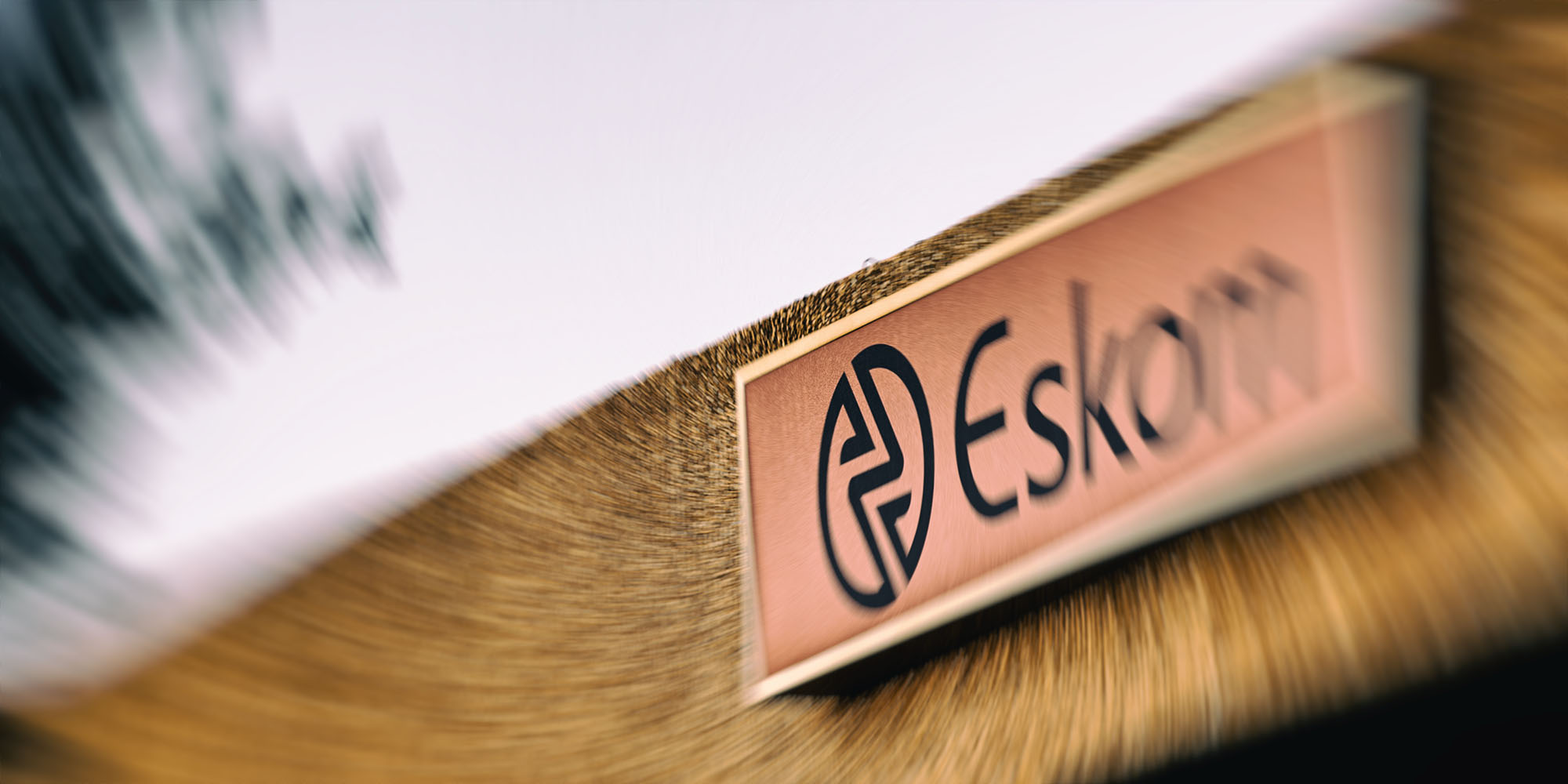This will hardly be headline news for a South African audience, but the devil is in the details. A new International Monetary Fund (IMF) working paper, “Governance and State-Owned Enterprises: How Costly is Corruption?”, has found that SOEs are indeed prone to corruption.
But South Africans can perhaps take some solace in the fact that they are hardly alone on this score.
“Many countries continue to struggle with corruption in SOEs. In an OECD survey, 42% of SOE respondents reported that corrupt acts or other irregular practices occurred in their company during the past three years,” the paper noted. It used a comprehensive database from SOEs in 88 countries, with a focus on sectors where SOEs tend to dominate, such as utilities, natural resources, and transportation.
Many of its findings will sound familiar to South Africans. For example, it noted that some of the main SOE vulnerabilities to corruption and looting include:
-
Conflict of interests: The appointment of board members by public officials might be driven by political motives, either financial or otherwise;
-
Weakness in developing effective internal controls and audits; and
-
Lack of a culture of integrity and accountability.
South Africa has seen how all of this has played out, notably during the lost Zuma decade, when the boards of key SOEs such as Eskom and South African Airways (SAA) were stuffed with the ex-president’s lackeys in an effort to divert state funds to the Guptas and others. Effective internal controls and audits were clearly missing, as was a culture of integrity and accountability.
And new scandals are being unearthed, such as Pieter-Louis Myburgh’s Scorpio investigation this week which revealed how lead contractors at the Kusile Power Station made payments to an apparent slush fund to enrich top Eskom officials.
So, the impact of corruption on SOEs is a given, but where the paper gets really interesting is its conclusions about how SOEs perform when corruption is removed from the equation.
“An interesting finding is that while private firms tend to be more productive than SOEs, this is not the case when control of corruption is high. This suggests that corruption may be a key driver in explaining differences in productivity.
“The correlation between the degree of corruption and labour costs is especially strong for SOEs... there is evidence that countries with greater control of corruption have lower labour costs. As for productivity measures, labour costs are usually higher among SOEs, except when corruption is low.”
So, there is a strong link between corruption and labour costs. Think of the bloated staff complement at Eskom and SAA, but this actually has more to do with the underlying productivity of the workforce than its sheer numbers. The paper notes that in SOEs largely untainted by corruption, profits and returns on equity are higher. These are also signs that labour productivity is higher, which lowers labour costs.
“How large is the impact of reducing corruption?” the authors ask. Quite a bit, according to their analysis. “If the median country in the weakest governance group improves its control of corruption to the level of the median country in the group with medium corruption, it could improve the average profitability from 0.4% to 1.6% and decrease their average cost of employee per operating revenue from 37.6% to 32.7%. Further, productivity would grow by about 10 times.”
That is significant, to say the least. It highlights how a board with its eye off the ball – say, one more interested in diverting capital to slush funds than managing operations and the workforce to get results from them – can send productivity into a downward spiral.
It certainly underscores how much is at stake in rooting out the rot that was allowed to set in at South Africa’s SOEs.
Let’s return to the paper’s striking assertion that “SOEs perform as well as private firms in core sectors when corruption is low.” Does that make the IMF an unlikely ally with the ANC left and its communist and union allies who only – apparently – support limited privatisation of non-strategic SOEs? Part of their argument is that the SOEs have been mismanaged and looted – in short, they’ve been run into the ground by corruption – and righting that is what is needed to fix the problem, not lay-offs or full-scale privatisation.
It remains to be seen if the war on SOE corruption in South Africa will translate into higher productivity and lower labour costs. The unions need to come to the party on that one. Something else that stands out in the paper is the relationship between SOEs and IMF bailouts.
“The importance of SOEs and related governance weaknesses is also reflected in IMF programmes – almost 90% of all programmes between 2002 and 2017 included conditionality on SOEs,” the paper notes.
So, if South Africa ever does go cap in hand to the IMF, SOEs are likely to be a key reason. And the IMF will dictate the reforms required. BM





